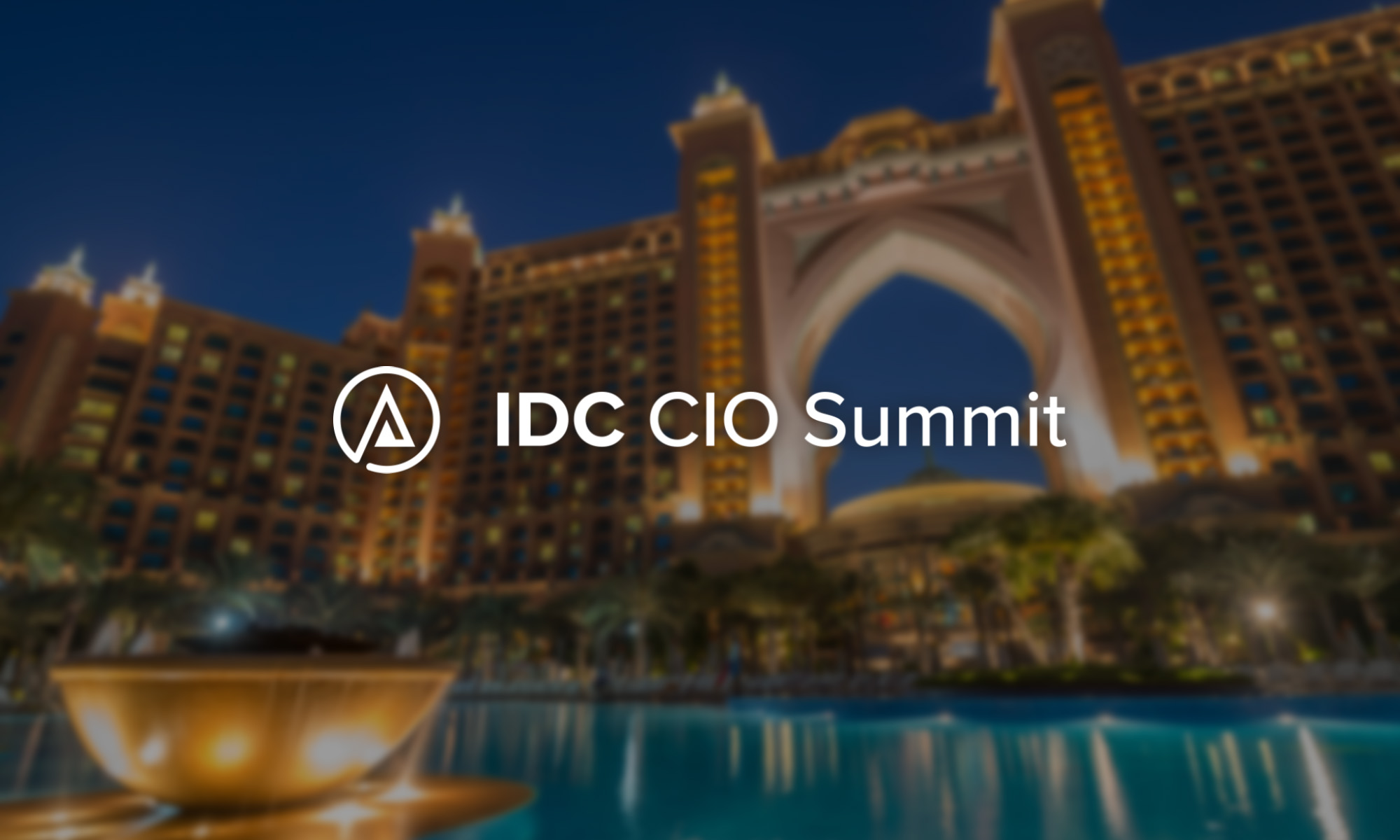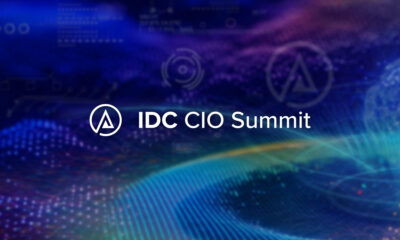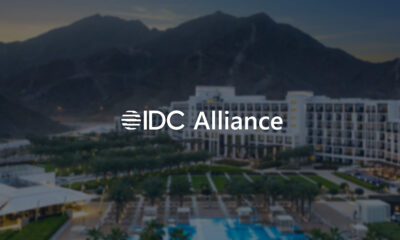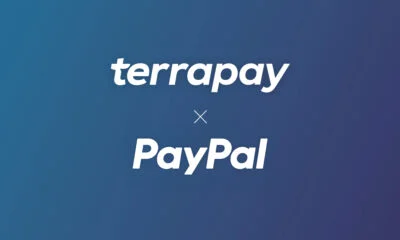News
IDC Prepares To Host 16th Annual Middle East CIO Summit
This year’s event will feature in-depth discussions and presentations, as well as expert-led panel sessions on the hottest information and communications tech issues.

On the 22-23rd of February 2023, IDC will host the 16th edition of its annual Middle East CIO Summit at Dubai’s iconic Atlantis, The Palm hotel.
The digital economy has become a hot topic over the past few years. Web 3.0 and startup culture are gaining rapid traction across the MENA region, and organizations are hungry for information on how best to adapt their business models to suit the demands of modern, tech-savvy customers.
IDC‘s Middle East CIO Summit 2023 takes place under the theme “Enabling the Digital Economy’s Leaders”. It will examine the current state of the digital sector and its impact on citizens, customers, employees, and operations. Presentations and panel sessions will address critical challenges that must be resolved, and experts will outline best practices and strategies to help businesses achieve future success.
As for the event’s format, the venue will incorporate five different “Transformation Zones” showcasing pioneering technological advances in DevOps, customer experience, sustainability, Industry 4.0, and, of course, the Metaverse.
Also Read: Kuwait Aims For Digital Transformation With Google Partnership
“Today, almost every country in the region has a cohesive national vision for a digital economy that focuses on driving local economic value, employment creation, and social development by reaching the underserved. Whether it is accessing essential government services, purchasing products on digital platforms, or the shift to online learning and working, the impact of this mass transition to digital is evident everywhere,” says Jyoti Lalchandani, IDC vice president and regional MD for the Middle East, Turkey, and Africa.
IDC’s research shows that internet penetration has reached 100% across Gulf Cooperation Council countries, with over 50% of consumers regularly shopping online. Furthermore, in the UAE, digital payments (and contactless transactions) now account for 80% of all regional purchases, and the market is becoming increasingly reliant on 5g and cloud infrastructure. It seems then that 2023’s Middle East CIO Summit will be a pivotal event, helping businesses to create new customer experiences and drive innovation with their partners.
News
Google Releases Veo 2 AI Video Tool To MENA Users
The state-of-the-art video generation model is now available in Gemini, offering realistic AI-generated videos with better physics, motion, and detail.

Starting today, users of Gemini Advanced in the MENA region — and globally — can tap into Veo 2, Google’s next-generation video model.
Originally unveiled in 2024, Veo 2 has now been fully integrated into Gemini, supporting multiple languages including Arabic and English. The rollout now brings Google’s most advanced video AI directly into the hands of everyday users.
Veo 2 builds on the foundations of its predecessor with a more sophisticated understanding of the physical world. It’s designed to produce high-fidelity video content with cinematic detail, realistic motion, and greater visual consistency across a wide range of subjects and styles. Whether recreating natural landscapes, human interactions, or stylized environments, the model is capable of interpreting and translating written prompts into eight-second 720p videos that feel almost handcrafted.
Users can generate content directly through the Gemini platform — either via the web or mobile apps. The experience is pretty straightforward: users enter a text-based prompt, and Veo 2 returns a video in 16:9 landscape format, delivered as an MP4 file. These aren’t just generic clips — they can reflect creative, abstract, or highly specific scenarios, making the tool especially useful for content creators, marketers, or anyone experimenting with visual storytelling.
Also Read: Getting Started With Google Gemini: A Beginner’s Guide
To ensure transparency, each video is embedded with SynthID — a digital watermark developed by Google’s DeepMind. The watermark is invisible to the human eye but persists across editing, compression, and sharing. It identifies the video as AI-generated, addressing concerns around misinformation and media authenticity.
While Veo 2 is still in its early phases of public rollout, the technology is part of a broader push by Google to democratize advanced AI tools. With text-to-image, code generation, and now video creation integrated into Gemini, Google is positioning the platform as a full-spectrum creative assistant.
Access to Veo 2 starts today and will continue expanding in the coming weeks. Interested users can try it out at gemini.google.com or through the Gemini app on Android and iOS.
























